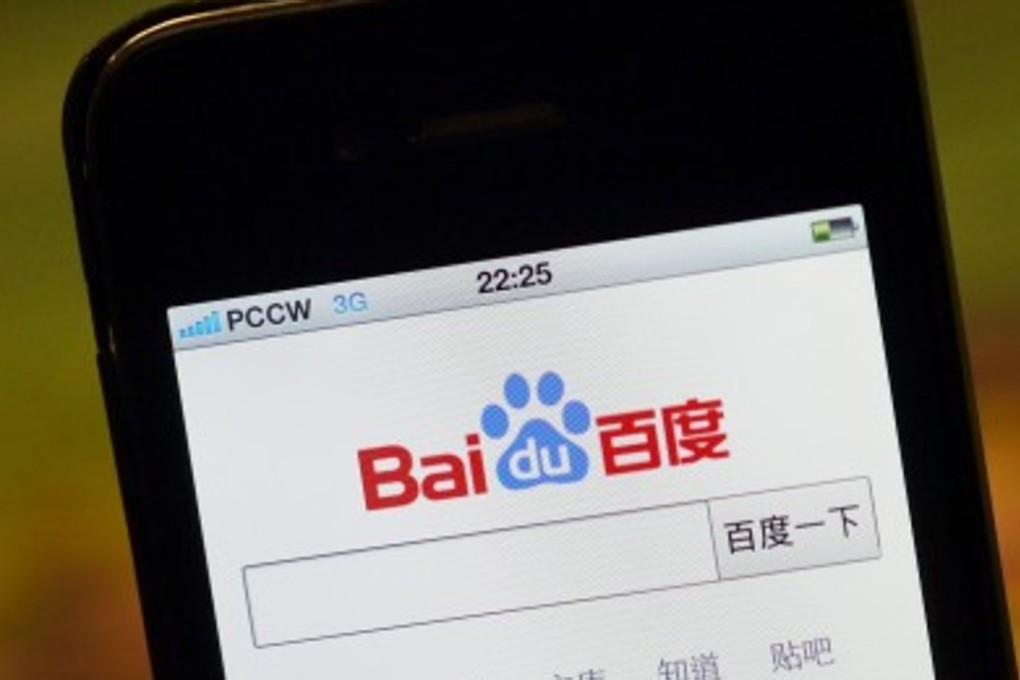Going rogue: money-stealing apps running riot in China, sneakily downloading software and pilfering private data
Industry insiders blame rivalry among 100s of Android app stores in absence of unifying Google Play

Fierce competition among smartphone app stores in China has resulted in a market filled with rogue apps that levy secret charges on users, collect their personal information or automatically install other software without their permission, according to industry insiders.
Some of the apps are designed to automatically download certain apps in order to drive up their popularity, said Richard Cheng, a council member of the Hong Kong-based Internet Professional Association.
“Everybody is trying hard to grab a piece of the market,” he said.
China’s three biggest internet companies - search engine Baidu, e-commerce giant Alibaba and gaming and social titan Tencent - all have mobile software listed by the government as rogue apps, according to a report from China’s Ministry of Industry and Information Technology (MIIT) last week.
READ MORE: WeChat among China-linked apps infected with malware after first large-scale attack on Apple’s App Store
One example would be Baidu’s Mobile Assistant, a content portal for apps, games and background pictures that installs other Baidu apps on your smartphone without asking for your permission. Critics complain that it is also too aggressive in pushing ads for certain apps.